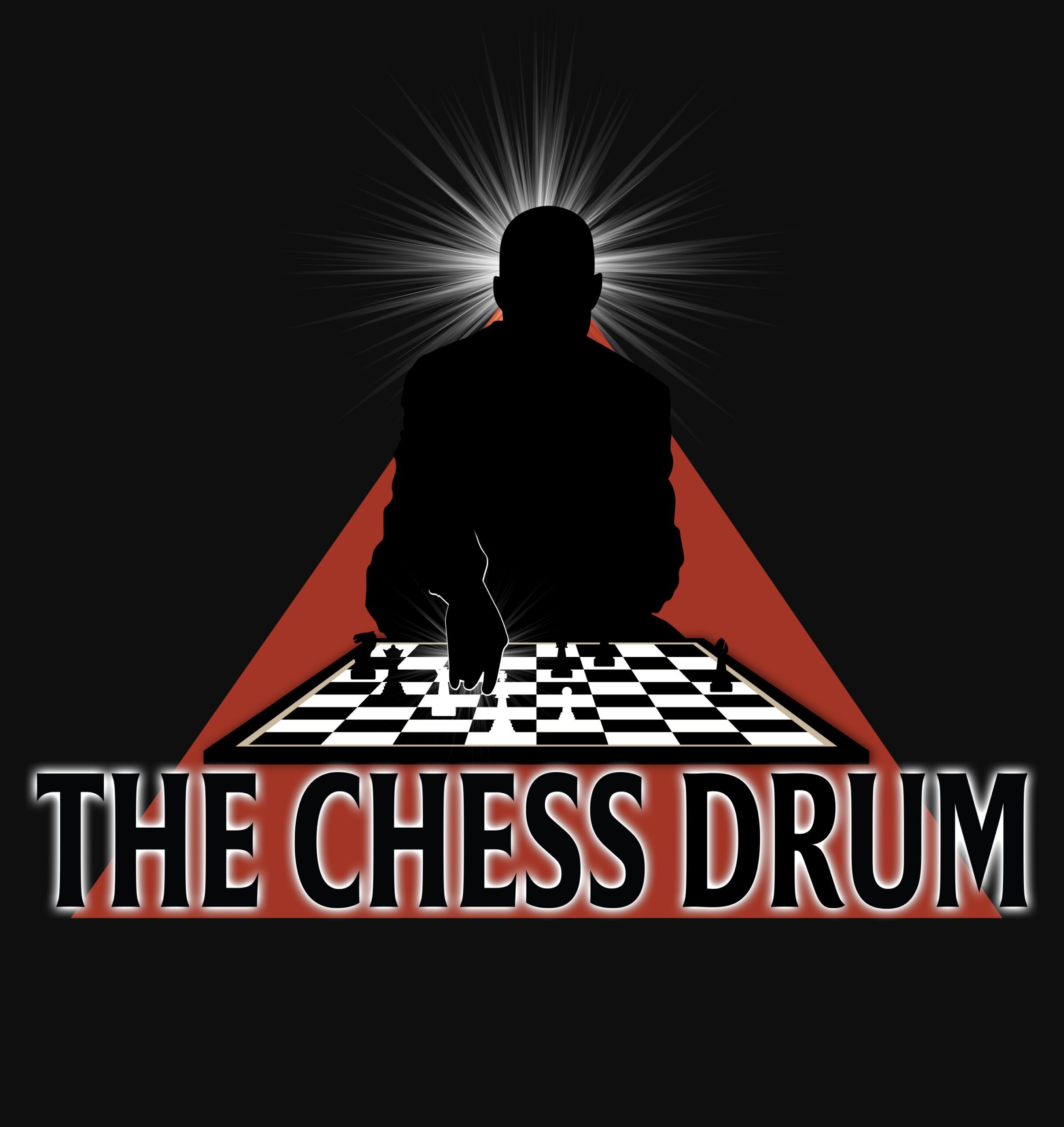Seattle Chess Youth love Officer Cookie!
With all of the tension that exist between urban youth and the police force, there have been so many suggestions to bridge the gap. There have been meetings with celebrity athletes, summits and other initiatives. There are a number of videos of police officers playing basketball and even breakdancing. Yet the problems persist and homicides continue to grab headlines.
There are some initiatives that have escaped the public eye, but are no less noble. Denise “Cookie” Bouldin has been running her Urban Youth Chess Club for 11 years. Her idea for using chess as way to reach youth starts in a Chicago projects where she grew up.
“As a kid, I was pretty much brainwashed that I wasn’t smart enough for chess. I never saw a black person playing chess. Never. And then someone showed me all the pieces on the board and said, OK this is what this one do and this one do, and I got frustrated ‘cause I kept forgetting. And I said, you know what? I hate this game, I hate it, hate it, hate it. Don’t ever want to play it again,” she declared, hand sweeping the table as if she were clearing the board. “My brain just wasn’t made for chess. And when anyone would try to teach me I would say, I can’t do it, I’ve tried.”
.jpg)
Despite her own ambivalence toward chess as a youth,
Officer Cookie has shared its joys.
Photo by Genna Martin
What is often the case is those interested in chess are taught by people with a faint idea of the rules and often lead to frustration and confusion of those they are teaching. Years later after years on the Seattle Police Department, she was charged with organizing a community activity involving the police department and the local youth. She organized a basketball game which turned out to be a smashing success. The next year students balked at another basketball game and wanted chess! Unfortunately only a couple students knew how to play.
“I asked the kids, be honest, how come you don’t play chess? And they would answer, ‘I’m not smart enough to play chess. I don’t play because chess is for smart people. Chess is for white people, for nerds.’ I realized that the answers these kids were giving were the same answers I gave for not playing chess. The same reasons!”
“Chess, again, is a sport, a sport of the mind. With chess you don’t have to be the fastest, you don’t have to be the tallest, you don’t have to be the biggest.”
Unfortunately, these stereotypes are deeply rooted. For the past 17 years, The Chess Drum has covered information about the overlooked Black segment of the chess world. Tens of thousands of pages and success stories later, children of every ethnicity, income class, educational level enjoy chess along with millions around the world. While the game is still not in the mainstream of activities and remains on the fringe, it has blossomed in the past 20 years with the rise of the Internet and availability of chess instructional material.
.jpg)
Officer Cookie has been inspiring through chess since 2006.
Photo by Alan Berner
Officer Cookie has overcome adversity in life. Having avoided drugs and prostitution in the Chicago projects, she encountered a woman who advised her against wearing revealing clothes and attracting negative energy and attention. She met a police officer in school who inspired her to seek public service in law enforcement.
When she moved to Seattle and sought to join the force, many doubted her toughness, despite her Chicago roots. Officer Cookie proved her worth and became a valued member of the community. She has since earned a number of community awards and has been recognized by the police force for her performance.
.jpg)
Officer Cookie in her trademark lipstick from her days as a fashion model.
Photo by Genna Martin
Another innovation is her mobile “pop-up” chess parks. This allows activities to be organized throughout the city and was made possible by the Rainier Beach Merchants via a neighborhood matching fund grant. These activities have provided an outlet for disaffected youth or those whose minds are much better when engaged.
Many have reached out to help her with her fledgling chess club. What started as a chess tournament has become Detective Cookie’s Chess Club. She even got handmade boards from the Stafford Creek Correctional Center. Officer Cookie meets twice weekly and usually attracts 20-25 per meeting.
If you are interested in supporting Officer Cookie or have any questions, contact Jean Veldwyk at (206) 723-5371 or
c/o SEED
5117 Rainier Avenue S.
Seattle, WA 98118
(206) 760-4261 (Office)
(206) 650-3621 (Cell)
www.seedseattle.org

Additional Sources:
Alan Berner, Fun brain workout? Check. Meet Detective Cookie’s chess club, Seattle Times, 6 June 2017
Janet Pelz, Detective Cookie Bouldin: Stopping Violence with a Chess Board, How Does She Do It? 30 March 2012.
Tim Kelly, Detective Cookie’s Chess Club Receives Handcrafted Boards from Stafford Creek , Department of Corrections (Washington State), 15 November 2016.


Chicago has a program called
“Cops & Kids Chess Initiative” (chess4chicago.org). It is sponsored by Chicago Public Schools, Chicago Police Department and Renaissance Knights Chess Foundation.